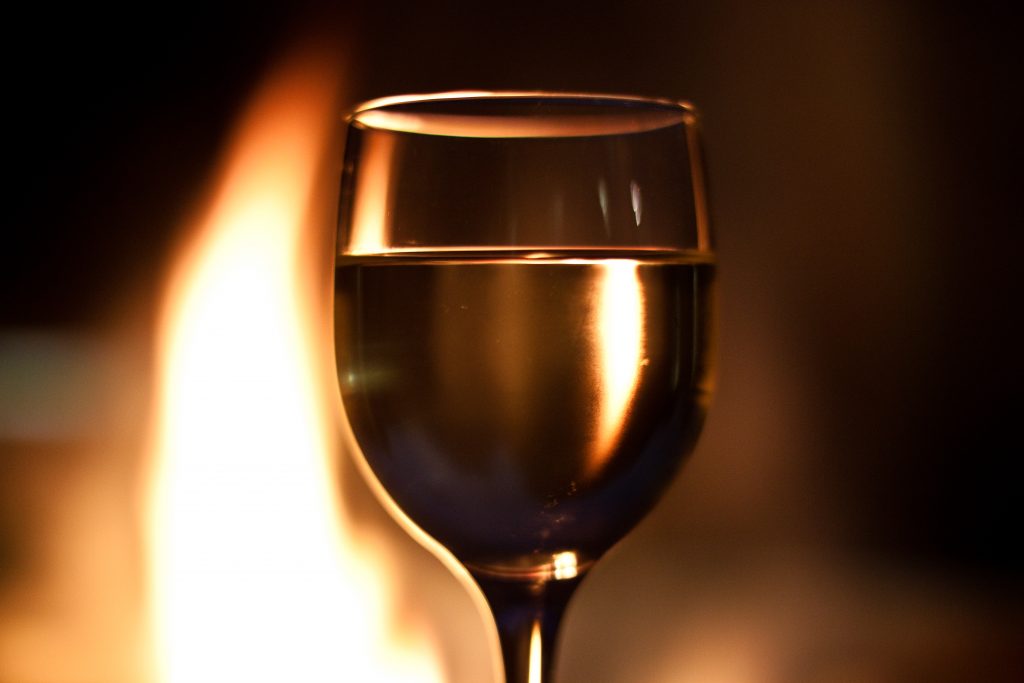Vice have spoken to Dr Sheri Jacobsen, clinical director of Harley Therapy, who suggests that the short term highs provided by drink and drugs make it harder to combat depression and anxiety related issues in the long term.
“Alcohol, for example, is a depressant, and it actually messes with the neurotransmitters in your brain, including the one needed to help you keep anxiety at bay,” she says. So while drinking is often thought of as a way to “wind down” after a demanding day, in fact it can have quite the opposite effect.
“If you already had any kind of mental health issue, like anxiety or bipolar disorder, substances are likely to make your condition worse, not better,” says Dr Jacobson. “And if you have a genetic risk for a mental disorder, drug or alcohol use gives you at a higher chance of developing it.”
The line between recreational and medicinal use of drugs is blurry at best. It is, therefore, hard to spot where exactly the pleasurable becomes the problematic, as drink and drug habits develop due to their being easier to access for most than therapy. Once the problem (drink and/or drugs) starts presenting itself as the solution, an individual can find themselves suddenly stuck betwixt the proverbial chicken-and-egg.
As debates about correlation or causation rumble on, the statistics continue to make stark reading:
Drug and alcohol misuse is particularly prevalent in men. In 2014, men accounted for approximately 65 percent of all alcohol-related deaths in the UK, and in 2014-2015, 74 percent of hospital admissions with a primary diagnosis of drug-related mental and behavioural disorders were men. Depression and anxiety are common in individuals with a history of substance abuse, and the Journal of Clinical Psychiatry suggests that one in three adults who abuses drugs or alcohol is also affected by depression.
The article suggests that going sober in your twenties can ‘change your life’, and although getting healthy is usually a half decent idea, it can also appear as just another insurmountable endeavour to those already deep in drug dependency.
However, Vice have found a handful of success stories:
For London-based yoga teacher and former DJ Marcus Veda, the shift from going to bed at dawn to eventually getting up at the same time was less abrupt. “For ten years I was getting smashed – doing everything and drinking everything, taking everything. It was pure hedonism,” he explains.
[..] Marcus’s party lifestyle worked in cycles, muted by the awareness that being healthy was important, too. “When we went on tour, it would be big weekends and then I was always doing the healthy, good stuff in between. I loved sports, gym and martial arts, so I could always see the good; I just thought that they could co-exist. Which they could, for a while, until I realised I could just get my highs from yoga and from martial arts.”
After practicing martial arts for five or so years and slowly becoming more interested in yoga, Marcus began to re-evaluate his lifestyle. “I was questioning towards the end of the drinking, ‘Is this really worth it? Is this even fun?’ The next day, the hangover would ruin the day and there was never enough time to do anything I wanted to do, and taking off a day every time that happened meant that I was only living half the week. I ended up thinking it wasn’t worth it.”
Dr Sherri reminds the reader that help is always an option worth exploring, and points to the various forms of treatment on offer:
Addiction, or habits, can be hard to break, as anyone who has ever attempted dry January will tell you. Luckily, most addictive behaviours come with their own support group, from AA to NA. But as Dr Sherri advises, “If you find groups intimidating, don’t overlook professional one-on-one support. An addictions counsellor can offer you unbiased support in an environment you can truly be uncensored in – [which is] not always what we get from friends and family, no matter how well-meaning they may be.”
Words by Calum Armstrong. Tweets @vf_calum

